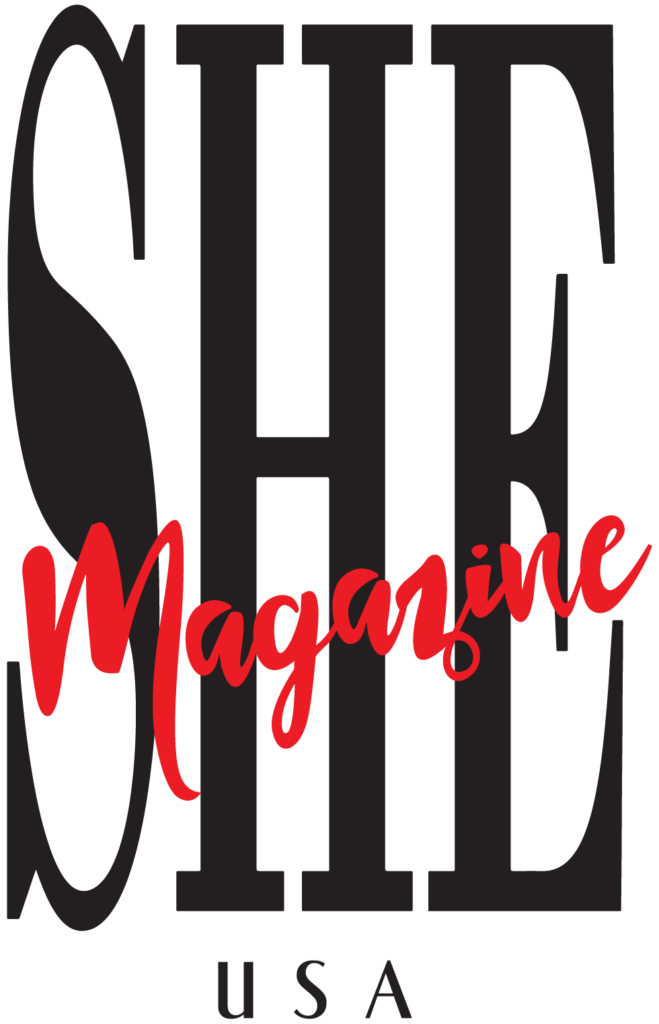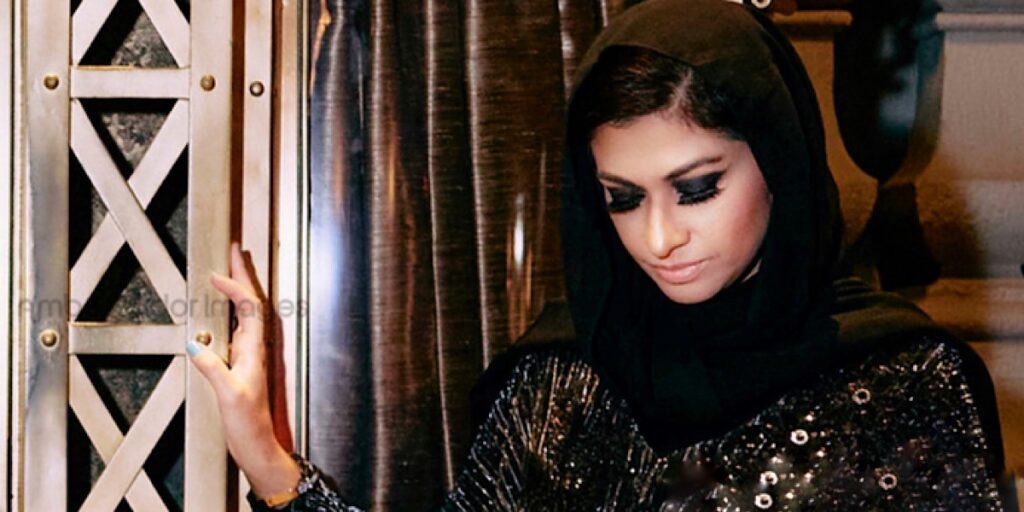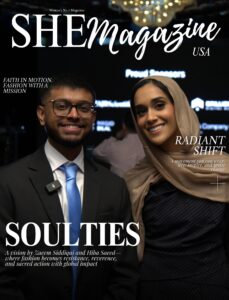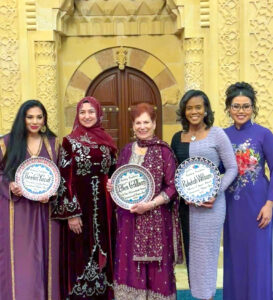In the final days of my iddat—the mourning period for widows in Islam—I let the tears fall freely, as they had every day since my husband’s passing. But this time, the tears carried not just sorrow but fear. Fear of the unknown. Who was I now? What would become of my son and me? After 130 days of isolation, uncertainty weighed heavily on me. People urged me to find solace in religion, to wear the hijab and turn to Allah. But they didn’t realize that Allah had never left my side. In my darkest days, He was the only constant presence, my only refuge.
Losing a husband means losing more than just a life partner. I lost a lifestyle, friends, and—most painfully—my place in my husband’s family. It’s a painful reality many widows in the U.S. face. While in Eastern cultures, widows are often taken care of emotionally and financially, here it felt like I was forgotten. The burden of keeping connections alive fell on me. I was supposed to maintain relationships for my son’s sake, even though I was shattered inside. I had lost the future I had dreamed of, and the life we had built was gone.
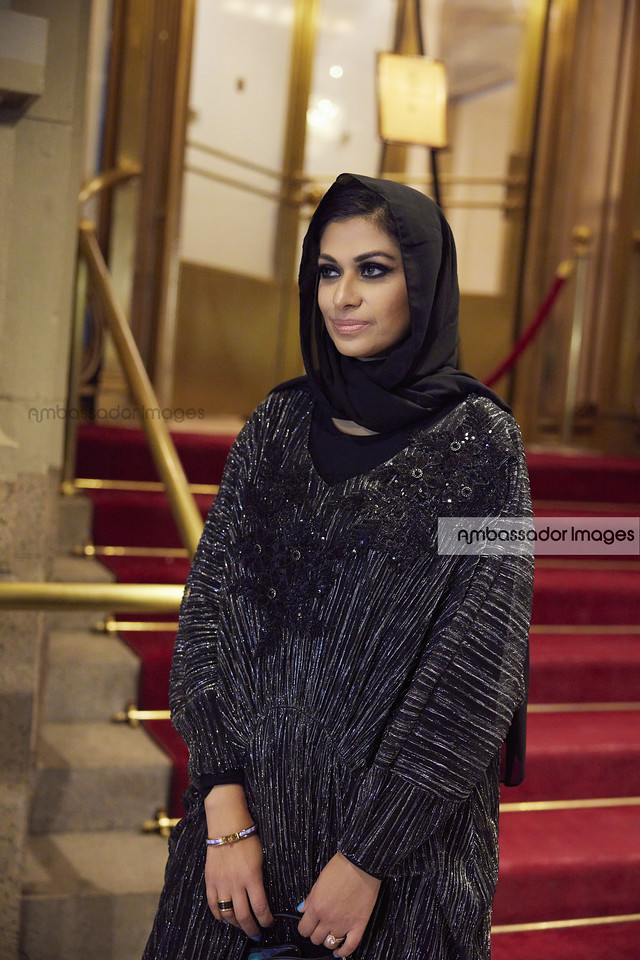
Alone in Grief: Motherhood and Double Standards
In those four lonely months, it was just my son and me, holding each other on countless nights, promising each other that everything would be okay—even when I had no idea how it ever could be. As a widow and a mother, I felt trapped by society’s expectations. I was expected to be strong, to work, to raise my son without breaking. But why? Why wasn’t I given time to grieve? Why did no one say, “Let’s take you away for a while to heal”? Everyone else carried on—vacations, weddings, life as usual—while my son and I faced our new reality alone.
Ramadan arrived, and I found myself praying for something I never thought I would: a companion. I hadn’t imagined wanting anyone after Rehan’s death, but loneliness felt like a slow death. I needed someone to help me move forward.
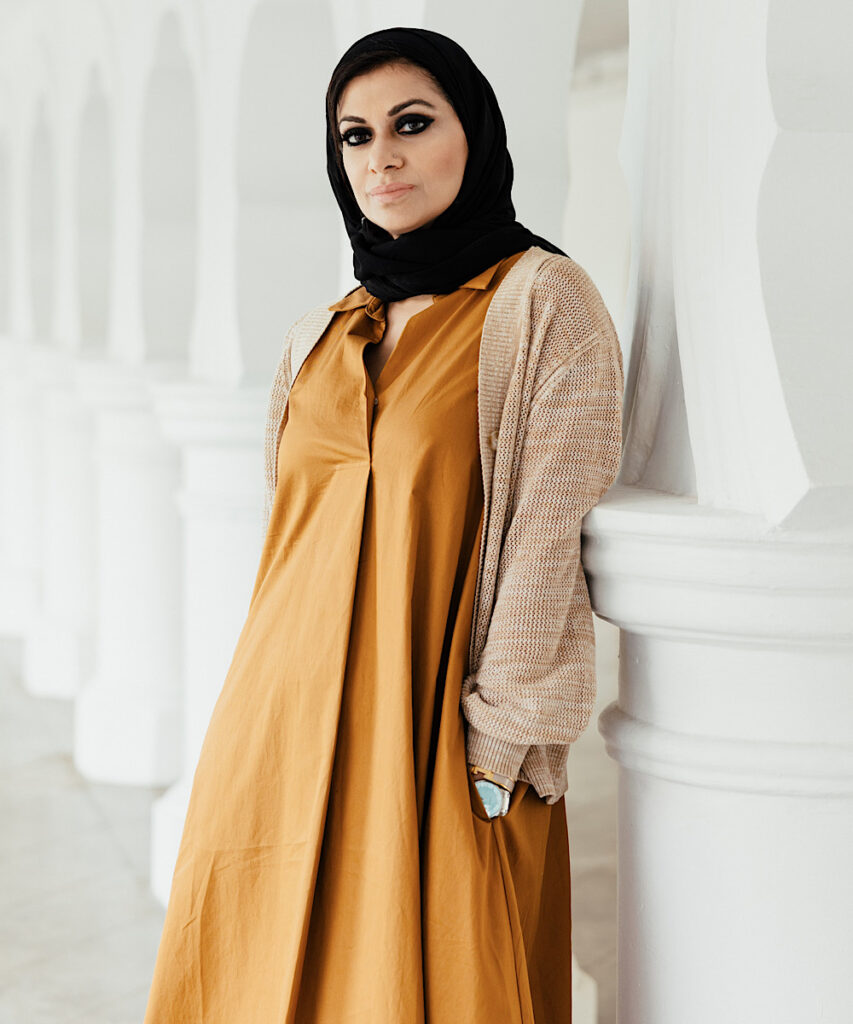
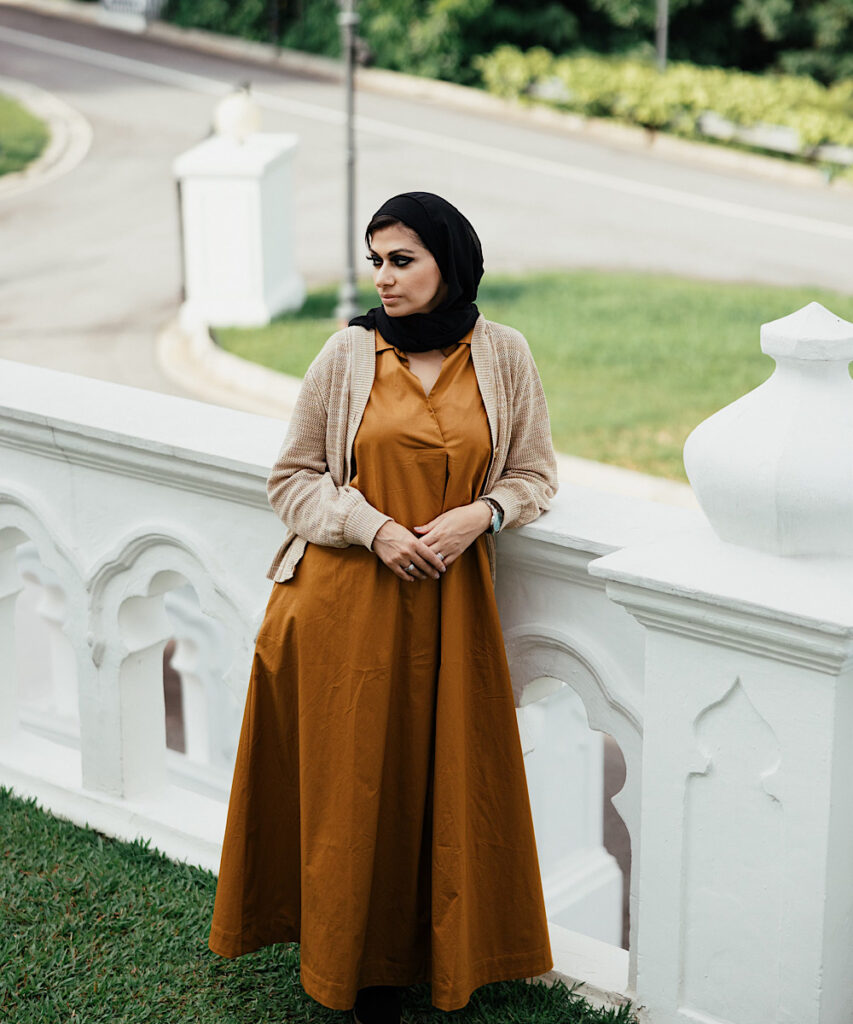
A New Beginning and a Spiritual Journey
I applied for Hajj, a journey I had longed to take—not just to fulfill a religious obligation but to find peace and forgiveness. I needed to forgive the people who had hurt me, to let go of the anger that consumed me, and to start anew. Hajj was both a spiritual and emotional test. Each day, I wept uncontrollably, grieving for Rehan, questioning why he had been taken so soon, and struggling to understand the heavy burden left on my shoulders. But amidst the tears, I found a way to surrender my anger to Allah, allowing grief to heal me.
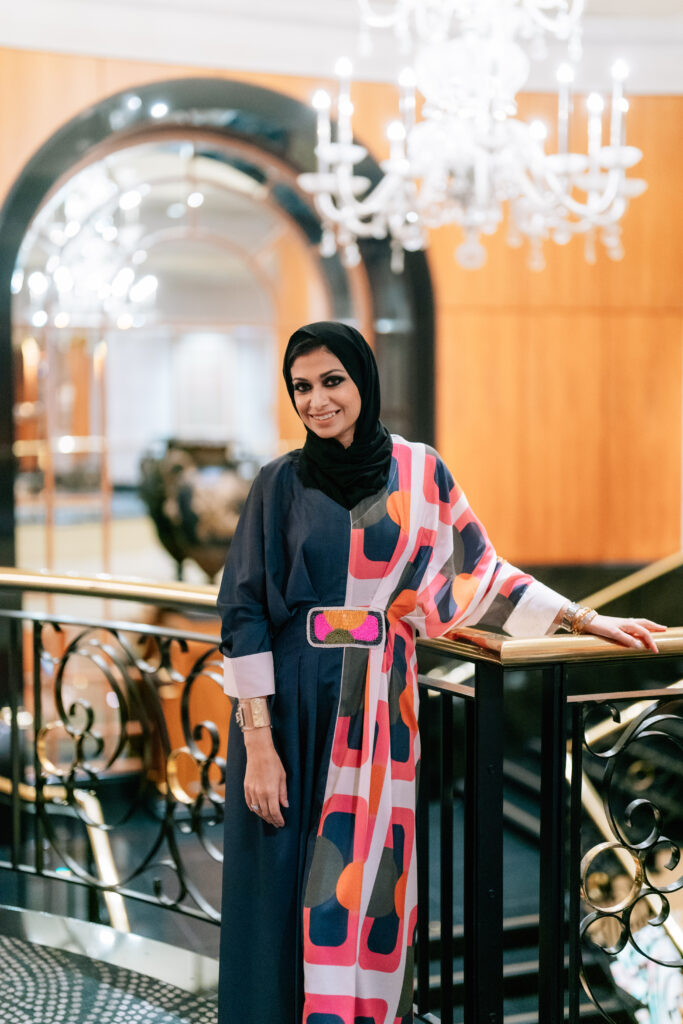
Embracing the Hijab: A Symbol of Freedom and Acceptance
When I returned home from Hajj, I was still battling anger. I realized that I had spent so much time grieving not just my husband’s loss but the neglect I felt as a widow. In South Asian culture, life often revolves around the man—his career, his dreams, even his death. But I am also American and Muslim, and I realized that my life matters too. I deserve to live with dignity, grace, and joy.
That’s when I felt the calling of the hijab—a calling I had resisted for so long. One day, I put it on, and the weight I had carried for months seemed to lift. The hijab gave me a sense of freedom. It allowed me to feel both happy and sad without fear of judgment. For the first time, I felt at peace with myself. I wore the hijab for an entire week before telling my family. It wasn’t just a choice—it was as if the hijab had chosen me, patiently waiting for the moment I would embrace it.
Since wearing the hijab, I have experienced a deeper sense of calm, acceptance, and closeness with my partner. My anger has transformed into tolerance, and my relationships have shifted for the better. My son may not have the lavish upbringing we once envisioned, but he will learn humility. He will grow up respecting women, witnessing his mother work hard for him and carry herself with dignity.
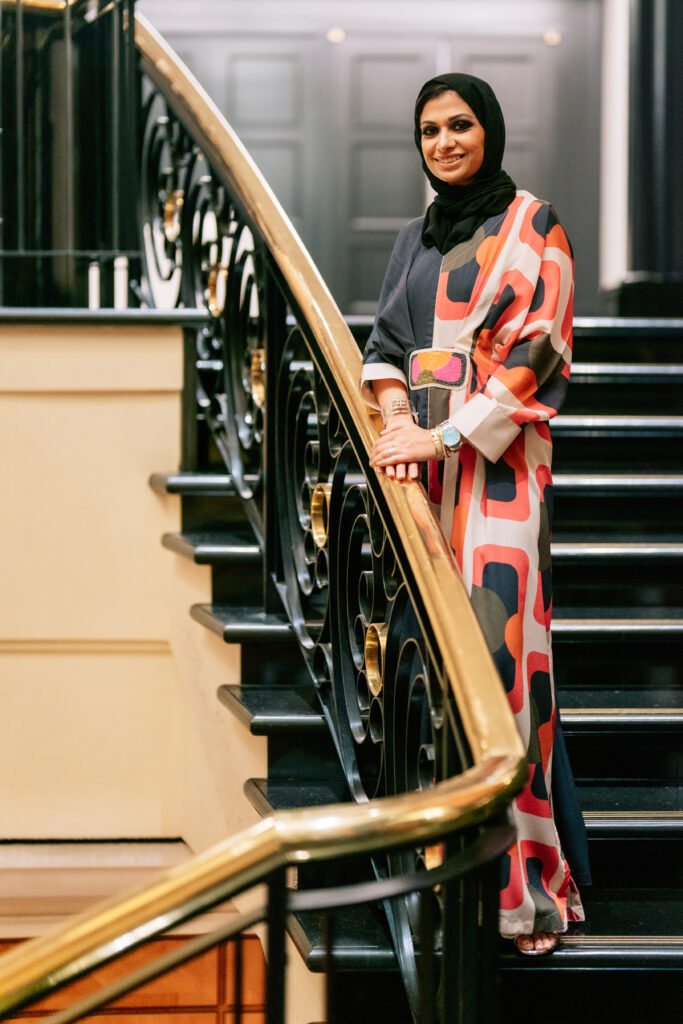
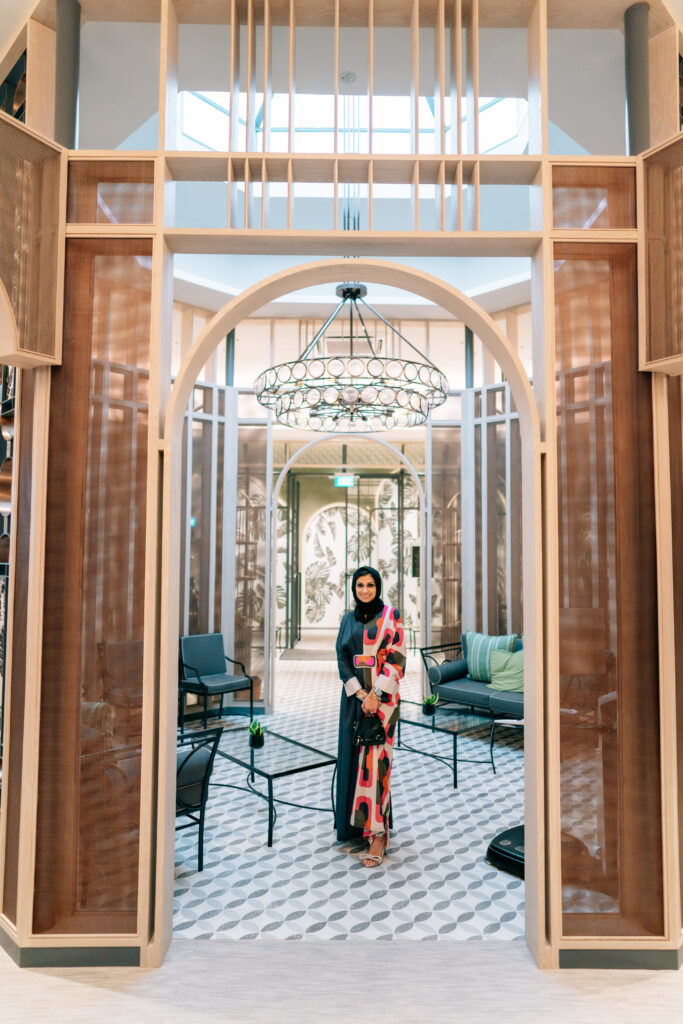
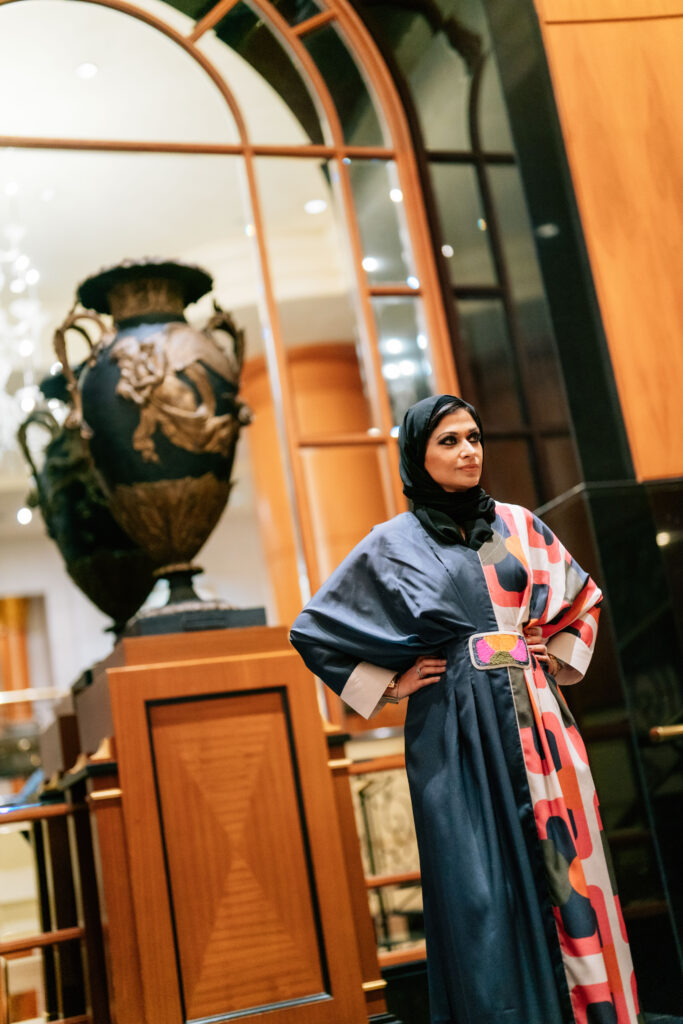
Finding Peace in Faith and Purpose
The hijab represents much more than a piece of cloth. It symbolizes the four months of solitude I endured, my emotional journey during Hajj, and the acceptance I found within myself. It reflects the person I aspire to be—the person I want Allah to see when He calls me back. As my niece once said, “Hijab is freedom.” And for me, it truly is.
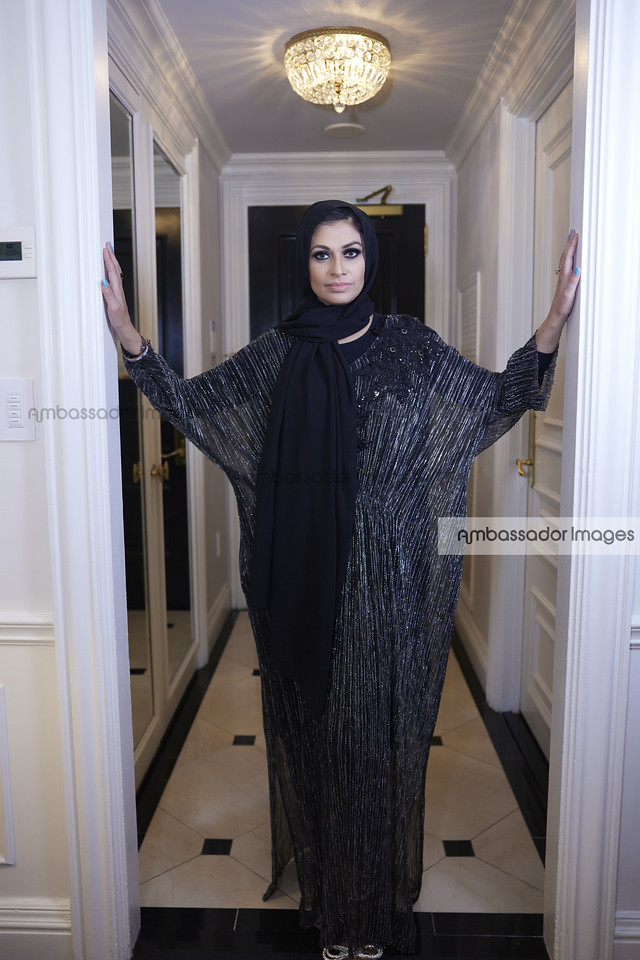
I have accepted my life, with all its challenges and losses, and I am committed to raising my son with love, faith, and strength. My experiences have taught me humility and patience. My arguments with my partner have faded because it’s no longer about external expectations—it’s about us, our relationship, and the life we are building together.
Today, I am grateful for every moment, even the painful ones. My journey has been far from easy, but it has shaped me into the person I am now. I wear the hijab not as an obligation but as a reminder of the peace I found when I let go of anger and embraced faith. Life may not be what I once imagined, but it is beautiful in its own way. And that is enough.
A story by Sadaf Chaudhry
Photos by: @shootday_official, @bang.raw, @ambassadorimages
Beena Yusuf
Editor in Chief
www.shemagazineusa.com
